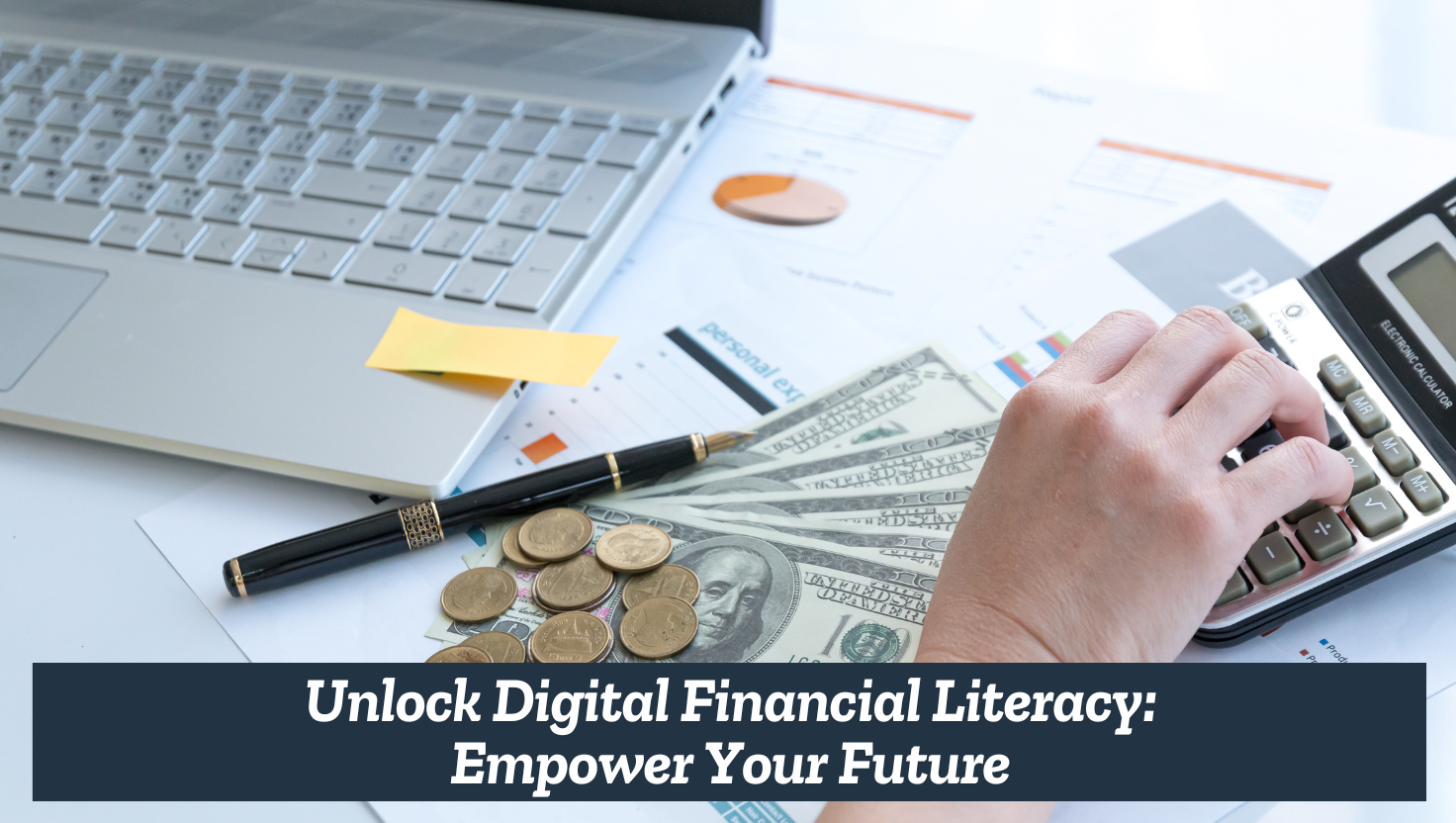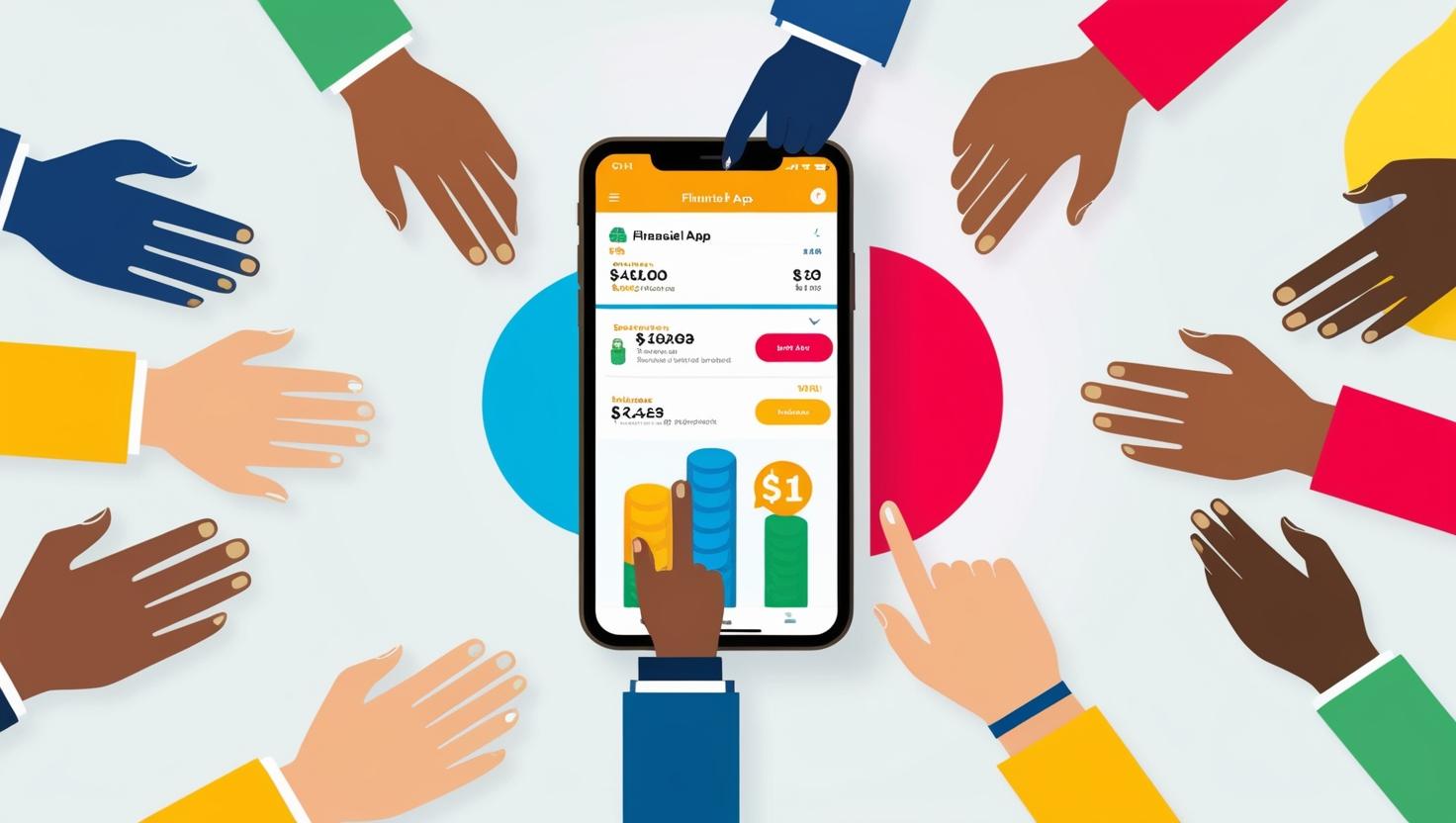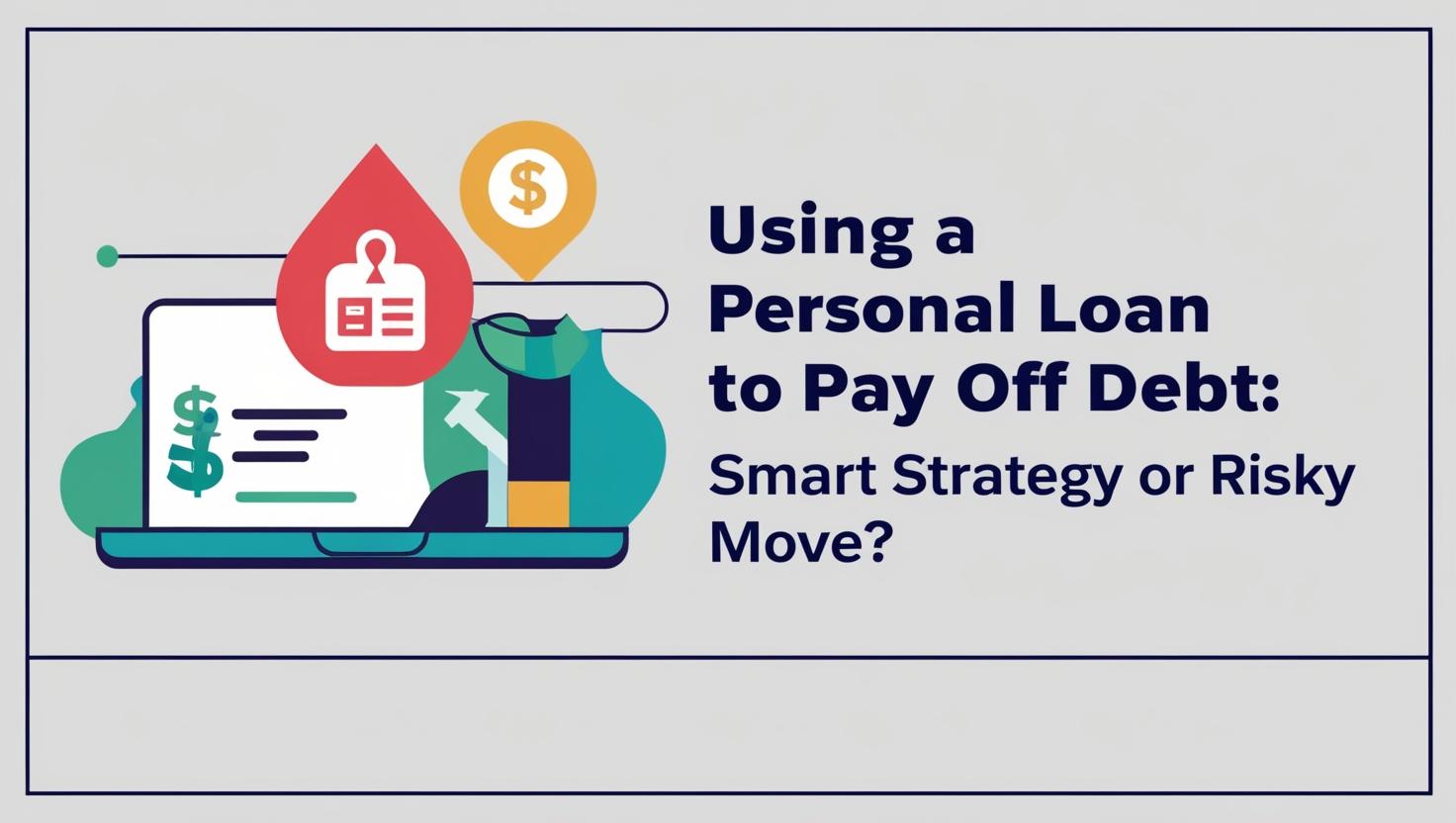Digital Financial Literacy and Retirement Savings are two of the most important aspects of financial planning. Did you know that over 70% of Americans now use online banking? This shift highlights the growing need for digital financial literacy in today’s world. Understanding how to manage your money online is no longer optional—it’s essential. At the same time, planning for your future ensures financial security and stability. Whether you’re just starting out or reevaluating your goals, having a solid plan in place can make all the difference. This article will guide you through effective ways to grow your wealth and prepare for the years ahead.
With the rise of fintech services and digital tools, managing finances has become more accessible. However, it also comes with risks like fraud and data breaches. That’s where digital financial literacy steps in. It combines traditional money management skills with the knowledge to navigate online platforms safely.
According to a Capital One Insights Center survey, most Americans value digital safety skills. This guide is designed to help you master these skills. Whether you’re new to online banking or looking to enhance your knowledge, we’ve got you covered.
Ready to take control of your financial future? Let’s dive into the strategies and tools that will empower you to make informed decisions and protect your personal data online.
Key Takeaways
- Over 70% of Americans use online banking, making digital financial literacy essential.
- Combining traditional financial skills with digital expertise is crucial for safe money management.
- Fintech services and digital tools simplify financial tasks but come with risks like fraud.
- Most Americans value digital safety skills, according to a Capital One survey.
- This guide empowers you to master digital financial literacy and protect your personal data.
Understanding the Digital Financial Literacy Landscape
The way we handle our finances has changed dramatically in recent years. With the rise of online platforms and tools, managing money has become more accessible. However, it also comes with new challenges and risks. Understanding this landscape is the first step toward mastering it.
What Does Digital Financial Literacy Mean?
It’s the combination of traditional money management skills with the ability to navigate online platforms safely. This includes four key dimensions: product awareness, risk awareness, risk control, and consumer rights. By mastering these, you can make informed decisions and protect your personal data.
Insights from Recent Policy Briefs and Surveys
Recent reports from the OECD and G20 highlight the need for standardized frameworks. Over 40% of consumers lack basic knowledge despite being tech-savvy. This gap shows the importance of tailored educational strategies. For example, younger users often need more guidance on managing risks like phishing and cyberattacks.
Global and U.S. Perspectives in a Digital Age
Globally, initiatives like the OECD/INFE and G20 aim to improve access to financial education. In the U.S., the adoption of online banking and fintech services is growing rapidly. However, vulnerable populations still face challenges, such as limited internet access. Addressing these issues requires coordinated efforts and better tools.
By understanding this landscape, you can take control of your financial future. It’s not just about using technology—it’s about using it wisely.
Mastering Digital Financial Literacy for Your Financial Success

Navigating the world of online money management requires more than just basic knowledge. It’s about understanding the tools, risks, and strategies that keep your finances secure. By mastering these components, you can make smarter decisions and protect your personal data.
Key Components of Digital Financial Literacy
To succeed in today’s tech-driven world, you need to be aware of digital financial products and their risks. This includes understanding how online banking works, recognizing phishing attempts, and knowing your consumer rights. Here are the key components:
- Awareness of Products and Services: Know what tools are available, from budgeting apps to investment platforms.
- Risk Management: Learn how to identify and avoid threats like spyware and SIM swaps.
- Consumer Rights: Understand your rights when using online financial services.
- Continuous Education: Stay updated on new technologies and best practices.
Managing Digital Risks and Protecting Your Personal Data
Protecting your financial information online is crucial. According to a Capital One survey, many consumers lack the knowledge to safeguard their data effectively. Here’s how you can stay safe:
- Use Strong Passwords: Create unique passwords for each account and update them regularly.
- Enable Two-Factor Authentication: Add an extra layer of security to your accounts.
- Monitor Your Accounts: Regularly check for unauthorized transactions.
- Educate Yourself: Learn about common scams and how to avoid them.
By mastering these skills, you can confidently manage your finances online and avoid costly mistakes.
Strategies to Enhance Your Digital Financial Skills
Building strong financial skills in today’s tech-driven world is easier than ever with the right tools. Whether you’re managing budgets, saving for the future, or protecting your personal data, adopting smart strategies can make a significant difference. Let’s explore how you can elevate your financial knowledge and security.
Leveraging Digital Tools for Smart Banking Practices
Modern banking is all about convenience and security. With over 86% of consumers already using online banking, tools like mobile apps and financial dashboards are essential. These platforms offer features like automated reminders, real-time notifications, and personalized insights to help you stay on top of your finances.
For example, budgeting apps can track your spending and suggest ways to save. Investment platforms provide easy access to market trends and portfolio management. By using these tools, you can make informed decisions and reduce the risk of overspending or fraud.
Educational Resources and Online Courses to Boost Your Knowledge
Continuous learning is key to mastering financial skills. Platforms like Khan Academy offer free courses on topics like budgeting, investing, and debt management. These resources are designed to bridge the gap between basic knowledge and advanced strategies.
Many consumer reports highlight the importance of financial education in reducing risks and improving outcomes. By taking advantage of these courses, you can gain the confidence to navigate complex financial decisions and protect your personal information.
| Tool/Resource | Purpose | Example |
|---|---|---|
| Mobile Banking Apps | Manage accounts, track spending | Capital One Mobile |
| Budgeting Apps | Plan and monitor expenses | Mint |
| Online Courses | Learn financial strategies | Khan Academy |
By adopting these strategies, you can take control of your financial future. Start exploring these tools and resources today to build a secure and empowered financial life.
Conclusion
Taking control of your money in today’s tech-driven world starts with understanding the tools and risks. By mastering these skills, you can make informed decisions and protect your personal data effectively.
This guide has highlighted the importance of leveraging modern tools and staying aware of potential threats. Insights from global reports and consumer surveys emphasize the need for a balanced approach to education and risk management.
Adopting these strategies not only enhances your financial security but also sets you up for long-term success. Continuous learning and access to reliable resources are key to staying ahead in this ever-evolving landscape.
Start applying these tips today to navigate financial services with confidence. Your proactive approach will help safeguard your future and empower you to make smarter financial choices.
FAQ
Q: What does digital financial literacy mean?
A: It’s the ability to use technology to manage your money wisely. This includes understanding apps, online banking, and how to protect your personal data.
Q: Why is digital financial literacy important?
A: It helps you make informed decisions about your finances in a tech-driven world. You’ll feel more confident using tools for budgeting, saving, and investing.
Q: How can I improve my digital financial skills?
A: Start by exploring online courses and apps designed for money management. Practice using these tools to track your spending and set financial goals.
Q: What are the risks of managing finances online?
A: Risks include fraud, scams, and data breaches. Always use strong passwords, enable two-factor authentication, and avoid sharing sensitive information.
Q: Are there resources to learn about digital financial literacy?
A: Yes! Many organizations offer free guides, webinars, and courses. Look for trusted sources like government websites or reputable financial institutions.
Q: How does digital financial literacy differ globally?
A: Access to technology and education varies by country. In some regions, mobile banking is common, while others may still rely on traditional methods.
Q: What tools can help me manage my finances digitally?
A: Budgeting apps, online banking platforms, and investment trackers are great options. Choose tools that fit your needs and are easy to use.
Q: How can I protect my personal data online?
A: Use secure networks, update your software regularly, and be cautious about sharing information. Always verify the legitimacy of websites and apps.







20 responses to “Unlock Digital Financial Literacy: Empower Your Future”
This article beautifully highlights the importance of digital financial literacy in today’s world. Well done
I love how this breaks down complex concepts into simple, actionable steps. Very informative!
The statistics shared are eye-opening! Definitely a wake-up call to enhance my digital safety skills.
Fantastic insights on digital tools! I’ll definitely explore some of the recommended platforms
This is a must-read for anyone looking to secure their financial future. Great work!
I appreciate the emphasis on continuous education. Financial literacy is indeed a lifelong journey
The global perspective adds so much depth to this topic. Thanks for including that
Really practical advice on protecting personal data. Cybersecurity is more crucial than ever
This guide empowers readers to make smarter financial decisions. Loved every bit of it!
I never realized the importance of combining traditional financial skills with digital expertise. Great insight
The resources mentioned are gold! Going to check out Khan Academy’s financial courses
Thank you for shedding light on digital risks. Awareness is the first step to prevention!
Your writing style makes financial literacy so approachable. Kudos to the author!
This article is perfectly timed. With the rise of fintech, digital literacy is non-negotiable.
I learned so much about digital safety and financial planning. Thank you for this valuable resource!
This should be required reading for young adults navigating the digital financial world!
The strategies shared are practical and easy to implement. I feel more confident already
I love how this article caters to both beginners and experienced users. Inclusive and informative
The call to continuous learning resonates deeply. Financial literacy is indeed an evolving field
This article motivates me to take control of my financial future. Thanks for the inspiration